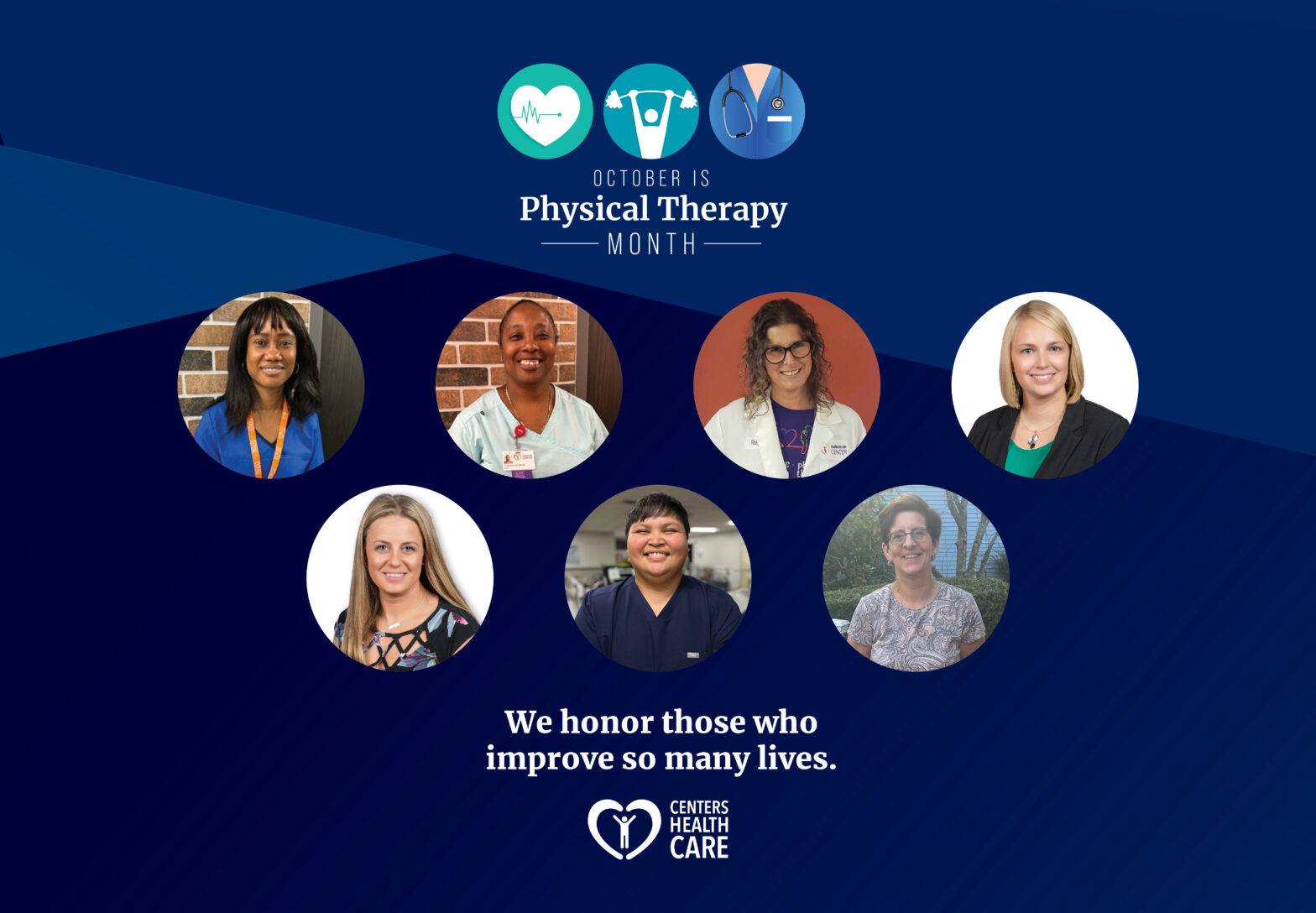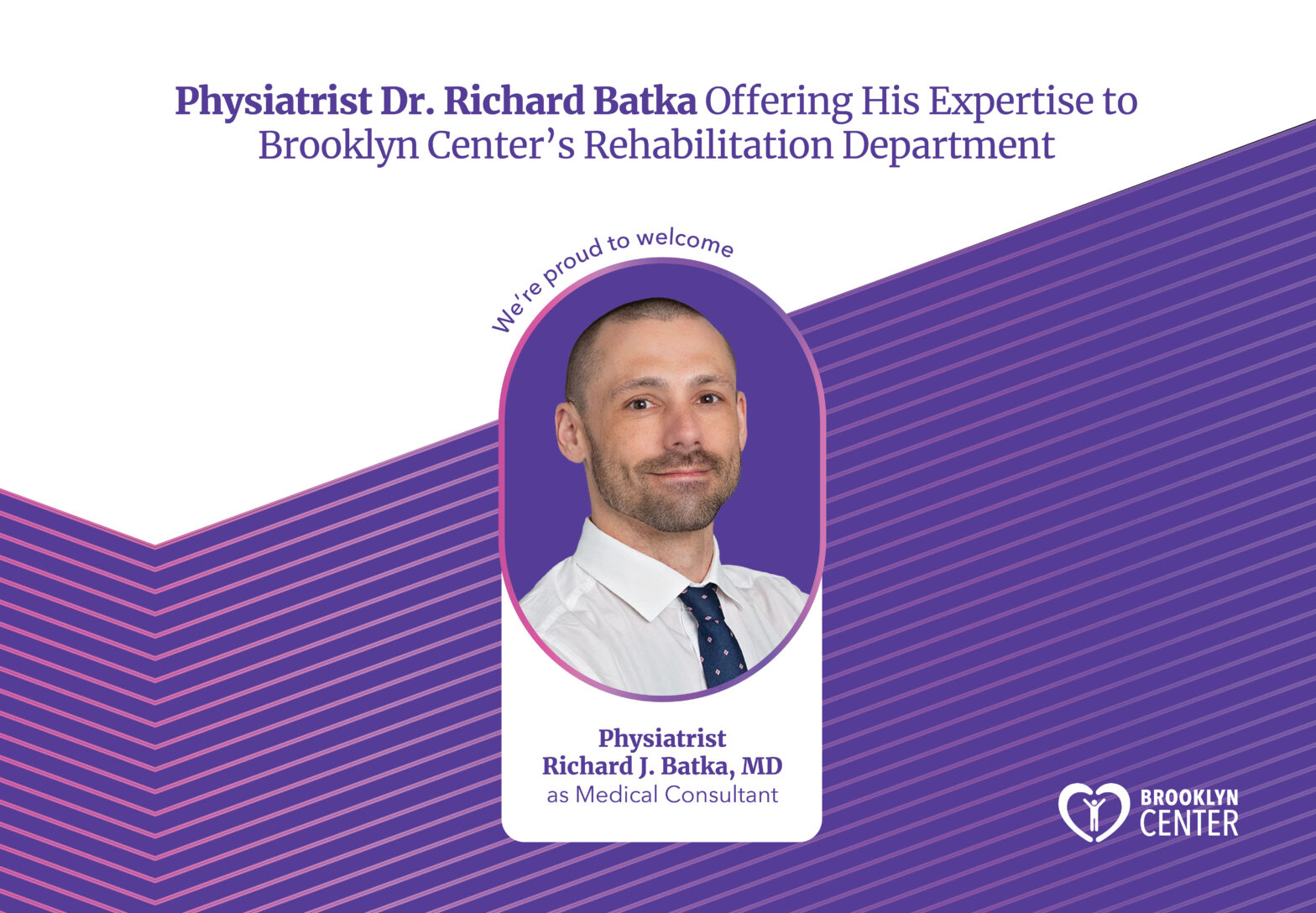The Link Between Oral Care and Wound Care

On the surface, it seems surprising that what happens in your mouth can affect how wounds heal, but there is a definite connection between the two.
According to this article, poor oral hygiene can release bacteria into the bloodstream and cause complications for wound healing—especially things inside the body like pneumonia and bone infections after orthopedic surgery.
CHC with has a reminder to on the three key components to oral hygiene—not only for your mouth’s health but for your entire body.
Brushing
The American Dental Association recommends brushing at least twice a day and preferably, after meals. Place your toothbrush at a 45-degree angle against the gums, and move the brush back and forth gently in short strokes. Be sure to cover the entire surface of every tooth and brush your tongue too.
Flossing
If you’re not flossing as much as you should be, you’re not alone. A study found that just 30% of people floss every day. In fact, more people don’t floss at all (33%) than floss daily.
If you’re using traditional dental floss, break off around 18 inches of material and wind it around a finger on each hand. Rub it in between each tooth, moving the floss away from the gum with up-and-down motions.
Mouthwash
Using a mouth rinse after brushing will really help kill any bacteria you may have missed while brushing and flossing. In addition to reducing bacteria, mouthwash can reduce plaque and lower the risk of gingivitis and gum disease. Mouthwash with fluoride can help prevent tooth decay as well.


